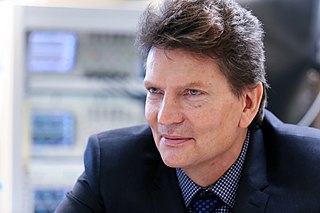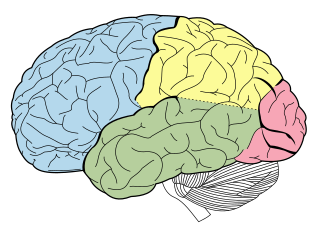A Quote by Sebastian Seung
Ask not what the brain can do for the computer. Ask what the computer can do for the brain.
Related Quotes
Autism is a neurological disorder. It's not caused by bad parenting. It's caused by, you know, abnormal development in the brain. The emotional circuits in the brain are abnormal. And there also are differences in the white matter, which is the brain's computer cables that hook up the different brain departments.
The analogy between the mind and a computer fails for many reasons. The brain is constructed by principles that assure diversity and degeneracy. Unlike a computer, it has no replicative memory. It is historical and value driven. It forms categories by internal criteria and by constraints acting at many scales, not by means of a syntactically constructed program. The world with which the brain interacts is not unequivocally made up of classical categories.
But if the brain is not like a computer, then what is it like? What kind of model can we form in regard to its functioning? I believe there's only one answer to that question, and perhaps it will disturb you: there is no model of the brain, nor will there ever be. That's because the brain, as the constructor of all models, transcends all models. The brain's uniqueness stems from the fact that nowhere in the known universe is there anything even remotely resembling it.
Because we do not understand the brain very well we are constantly tempted to use the latest technology as a model for trying to understand it. In my childhood we were always assured that the brain was a telephone switchboard...Sherrington, the great British neuroscientist, thought the brain worked like a telegraph system. Freud often compared the brain to hydraulic and electromagnetic systems. Leibniz compared it to a mill...At present, obviously, the metaphor is the digital computer.
Essentially, there's a universe inside your brain. The number of connections possible inside your brain is limitless. And as people have learned to have more managerial and direct creative access to their brains, they have also developed matrices or networks of people that communicate electronically. There are direct brain/computer link-ups. You can just jack yourself in and pilot your brain around in cyberspace-electronic space.



































